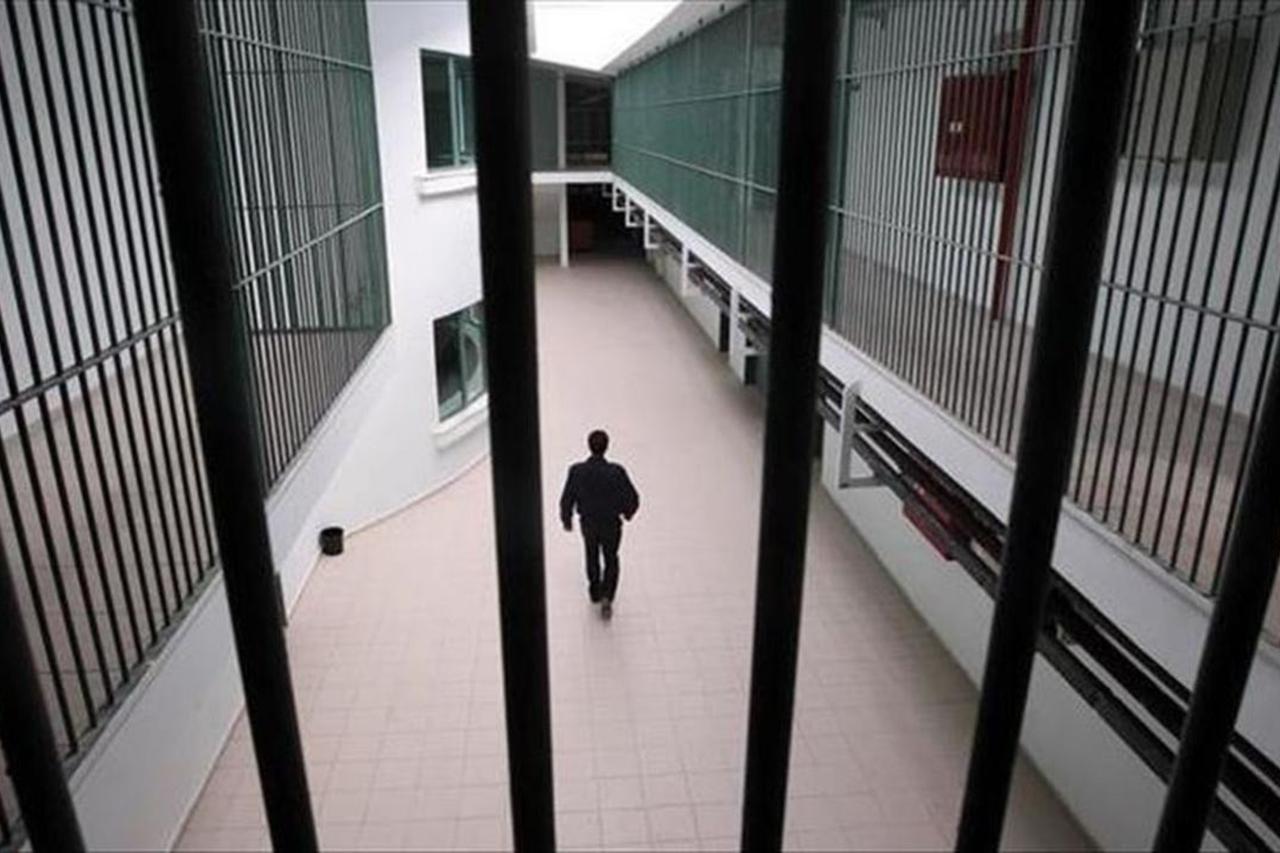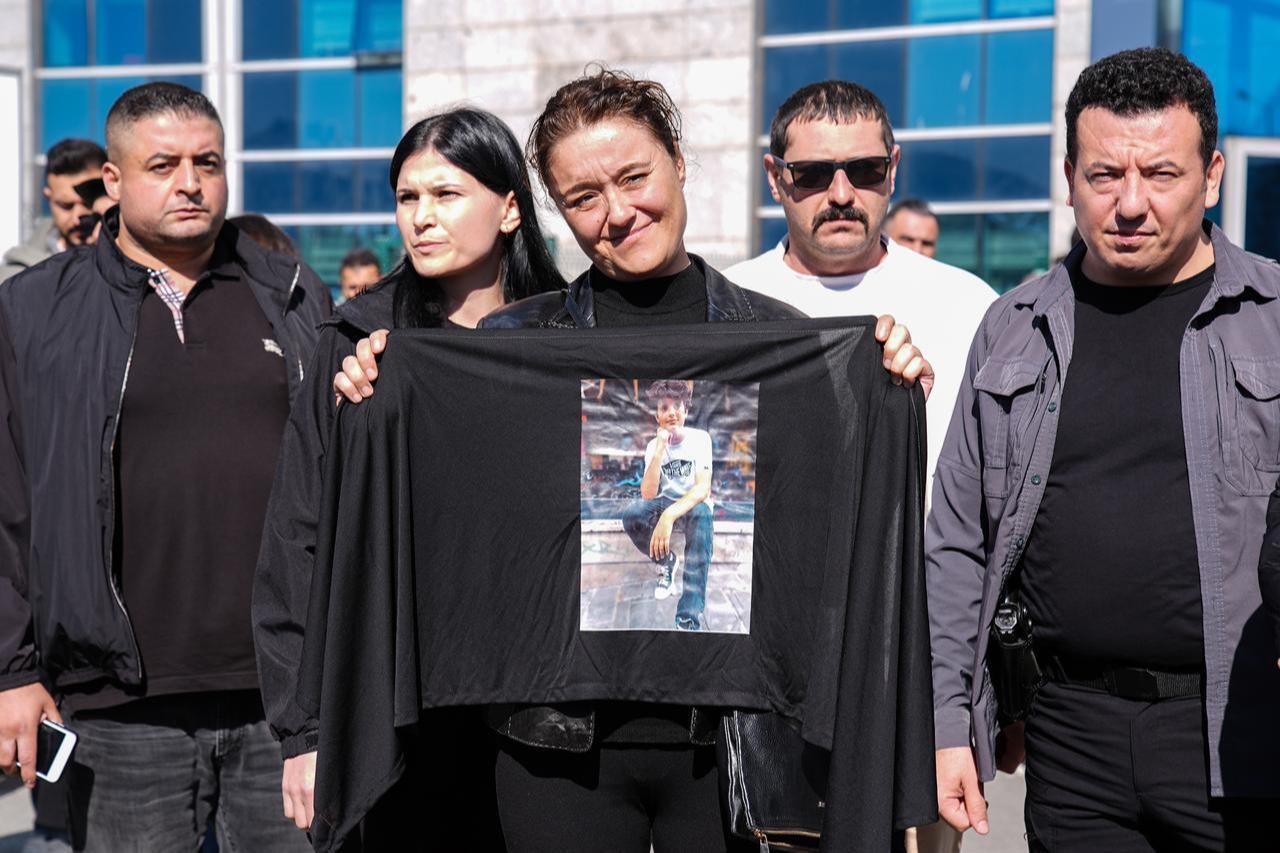
Türkiye is preparing a major legal adjustment that could enable the early release of approximately 50,000 inmates, expanding a mechanism first introduced during the COVID-19 pandemic.
The measure is included in the 11th Judicial Package, which officials say will shortly be submitted to the Turkish Parliament for review. The proposal revives pandemic-era provisions that were originally designed to ease overcrowding in prisons and reduce health risks, but this time with a wider scope.
The initial COVID-19 regulation introduced a three-year advancement for conditional release and supervised freedom.
However, that rule did not apply to individuals whose trials or investigations were ongoing at the time. The government has been debating for months how to address this gap, especially as delays in the judicial system continued to affect suspects and defendants.
According to the draft, Parliament will have the final say on the plan. If approved without major changes, the adjustment will reopen a legal pathway that has been stalled since pandemic restrictions ended, effectively broadening eligibility for early release.
The draft text focuses on cases involving crimes committed before August 2023.
Individuals whose investigations, indictments, or trials were delayed due to systemic judicial issues, rather than their own actions, could benefit from the new arrangement. This distinction is central, as many cases have been prolonged because of court backlogs, administrative congestion, or procedural hurdles.
Under the proposed rules, these individuals could move to open prison facilities three years earlier than currently scheduled. They would also gain the possibility of entering supervised release three years sooner, mirroring the structure of the COVID-19 framework but now applied retroactively to cases impacted by judicial delays.
Officials argue that the aim is to prevent defendants from being disproportionately affected by postponed proceedings beyond their control.
Lawmakers supporting the draft say the measure seeks to ensure “execution fairness,” particularly for those whose cases stalled due to institutional reasons rather than personal misconduct, even though there are no covid conditions in prisons any more.

The early-release provision is only one part of a broader judicial reform package. The 11th Judicial Package spans seven areas and consists of 27 separate articles, reflecting ongoing efforts to modernize Türkiye’s legal system and ease mounting pressure on courts and prisons.
Another major discussion point surrounding the judicial reform was whether it would include tougher penalties for juveniles involved in crime, particularly after the widely debated killing of 15-year-old Ahmet Minguzzi.
The initial expectation was that the package would introduce stricter sentencing rules for minors categorized as “children driven to crime,” a concept that has sparked legal and social debate across the nation.
Recent deliberations within the ruling party reshaped that approach. After internal evaluations, lawmakers chose to remove the proposed increase in penalties for minors, citing the principle of the child’s best interest.
Instead of legislative penalties, the plan now includes the formation of a parliamentary inquiry commission dedicated to examining the causes and structures that push minors into criminal activity. The commission is expected to assess social, economic, and institutional factors, aiming to develop more comprehensive and protective policies for children at risk.
While penalties for juveniles are no longer part of the package, the proposal does move forward with tougher measures against organized networks that exploit children.
The expected changes would increase sentences for criminal groups that recruit, coerce, or use minors in illegal activities. Lawmakers argue that targeting these networks is essential to addressing the root causes of juvenile involvement in crime.
Although the scope is now clearer, the package remains subject to commission debates and a full vote in the Grand National Assembly, which is likely to be accepted by most of the members.